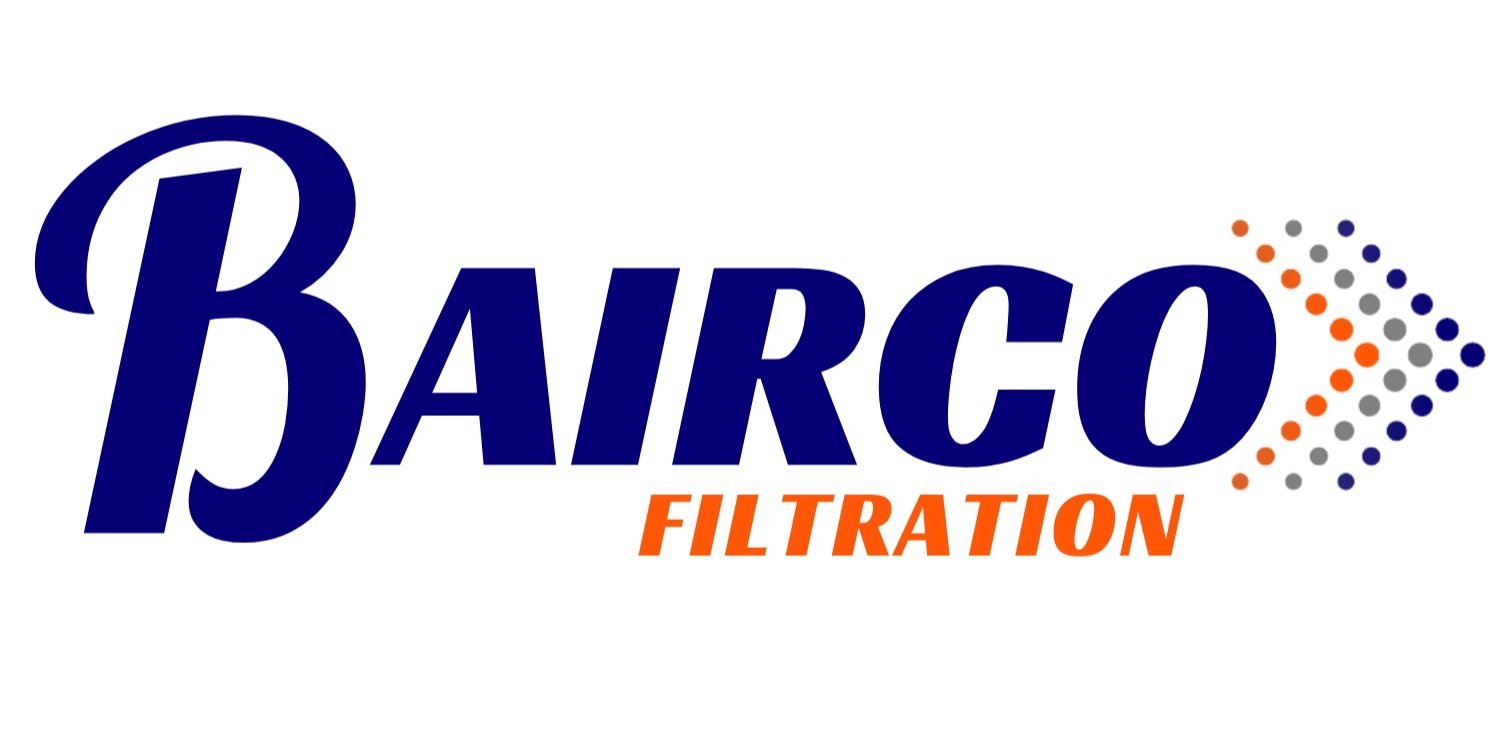EPA's View on the Importance of Air Filtration in School HVAC Systems
Effective air filtration in school HVAC systems is crucial for maintaining a healthy learning environment. Acknowledged by the EPA, proper filtration reduces airborne contaminants, contributing to better indoor air quality. This ensures that students and staff can enjoy a safer, cleaner atmosphere, ultimately supporting their well-being and productivity.
Key Benefits of Optimized Air Filtration in Schools
Ensuring clean and healthy indoor air is paramount in educational environments. Effective air filtration within HVAC systems is critical for maintaining superior indoor air quality (IAQ) in schools, protecting the health and well-being of students and staff. Here are a few major benefits of optimizing your air filtration solution in school facilities.
1. Improved Health and Comfort: Properly selected air filters effectively capture airborne contaminants such as dust, pollen, mold spores, and other particulate matter. By eliminating these pollutants, systems employing optimization air filtration significantly reduce respiratory issues, allergies, and the spread of bacteria and viruses. This cultivates a comfortable and productive learning environment.
2. Enhanced Learning Environment: Clean air positively impacts cognitive function and academic performance. Proper air filtration ensures that students and teachers can focus on educational activities without the distraction of poor air quality or health concerns.
3. Mitigation of Allergens and Pathogens: High-efficiency filters trap allergens and pathogens, including bacteria and viruses. This is especially important in school settings where close quarters and high occupancy rates can facilitate the spread of illnesses.
4. Compliance with Health Standards: Adhering to IAQ standards and best practices is crucial for regulatory compliance. Robust air filtration systems help schools meet health guidelines, demonstrating a commitment to student and staff welfare.
Practical Implementation in Schools
Strategic Placement: Proper placement of air filters within the HVAC system maximizes their effectiveness. Filters should be positioned to capture contaminants at key points, such as intake vents and air handling units.
Regular Upgrades: Advancements in filtration technology offer schools the opportunity to upgrade their systems for better performance. Regularly reviewing and updating filtration strategies ensures continued protection against emerging air quality challenges.
Professional Oversight: Engaging with HVAC professionals for the design, installation, and maintenance of air filtration systems ensures schools benefit from expert advice and industry-leading practices.
Key take away
Effective air filtration is indispensable for maintaining high indoor air quality in schools. By investing in robust filtration systems and adhering to best practices, educational institutions can create a healthier, more conducive environment for learning and teaching. For more information on air filtration and other HVAC considerations in schools, visit the EPA's Indoor Air Quality Design Tools for Schools.
How can we assist further in optimizing your school's HVAC system for better air quality? You can rely on our filtration expertise and commitment to providing reliable, high-performance air filtration solutions tailored to meet the unique needs of educational institutions.
